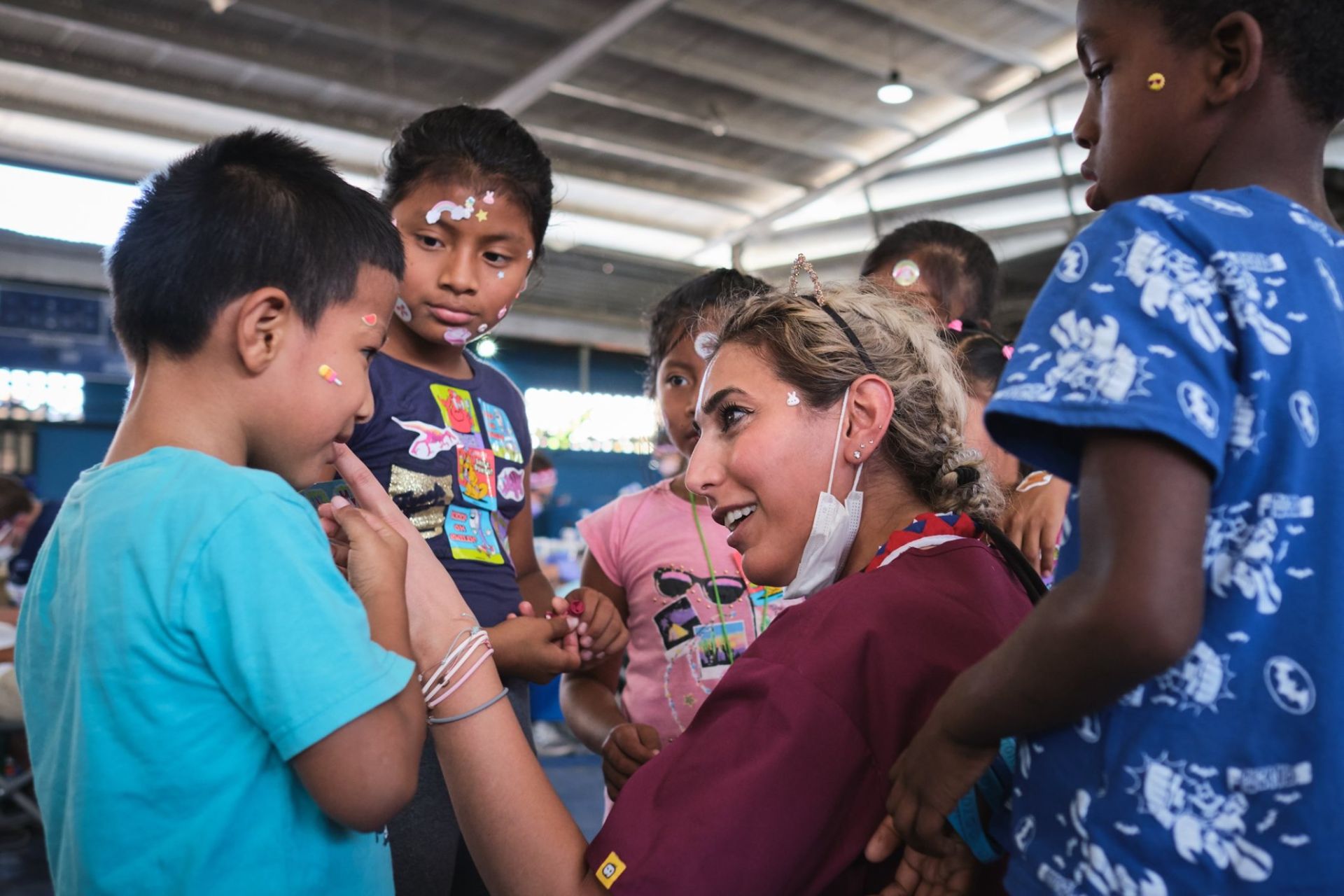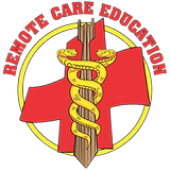Children's Health

Discount
for course bundle
Credits
AMA PRA Category 1 Credits™
Course Duration
6 hours and 21 minutes total
Instructors
Isobel Atkinson
Learn how to care for the largest patient demographic
ACCME Accreditation Statement:
Lesson Plan
Cultural Competence | 63 minutes
Births in Resource-Limited Settings | 83 minutes
Pediatrics 1: Neonates & Infants | 81 minutes
Pediatrics 2: Children & Adolescents | 65 minutes
Nutrition | 37 minutes
Diarrheal Disease Fundamentals for Resource-Limited Settings | 52 minutes
Dr. Benjamin LaBrot
Dr. Benjamin LaBrot is a career medical missionary and the founder of the Floating Doctors medical team, specializing in sustainable health access improvements in challenging rural environments. He received his medical training at the Royal College of Surgeons in Ireland, and practiced for many years in the Irish Health Care System, where he assisted in setting up a long-term care elderly facility. (Ben or Dr. LaBrot) currently splits his time working with Floating Doctors and teaching as a Clinical Assistant Professor of Medical Education at the Keck School of Medicine of the University of Southern California.
Isobel Atkinson
Isobel is a British midwife with over 15 years’ experience and has worked in the UK and internationally. In the UK she has worked in both the hospital and community settings. Her international work has been in low resource and remote settings in both Kenya and Panama. The mission work she does is both clinical and educational. Isobel was the Floating Doctors Maternal Health Director for two years; during this time she championed the development of maternal health capacity and resources in Bocas Del Toro, gathered some of the first reliable data about maternal health issues in our area, and wrote many of our comprehensive guidelines.
Isobel has expertise in home-birth, advanced neonatal resuscitation, birth in the rural setting and Global Maternal Health. She is excited to support the WEM/RCE CME course in Panama by lecturing on Global Maternal Health and Birth in the Rural Setting and providing hands-on training during practical training sessions and in clinic.
